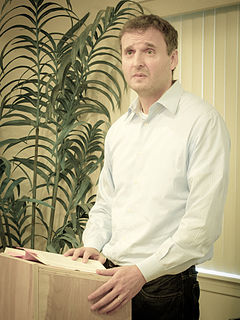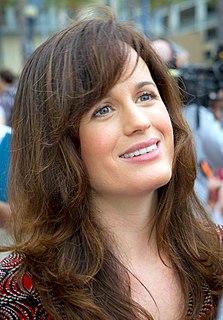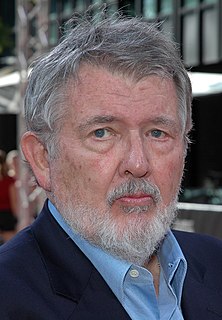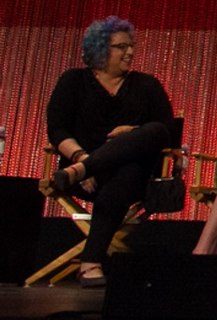A Quote by Chantal Akerman
Have you seen the film Histoires D'Amérique? It's also a mixture of humor and monologue, and it shows how the Jewish humor comes from drama and tragedy.
Related Quotes
I like the way that Dexter mixed humor, dark humor and tragedy, in a way I don't think that I've seen another show do. To handle those tonal shifts with so much confidence. Normally, you can mix humor and dark humor, you can mix dark humor and tragedy, but to mix all three... There are just moments with Robin and Reuben, the next door neighbors, that are just funny.
An interesting difference between African-American humor and Jewish humor, in it's kind of basic or maybe most austere type form is, African-American humor, some of it comes out of playing the dozens in which you insult the other person or insult the other person's mother, and so much of Jewish humor is like, you're insulting yourself. It's totally self-deprecating.





































